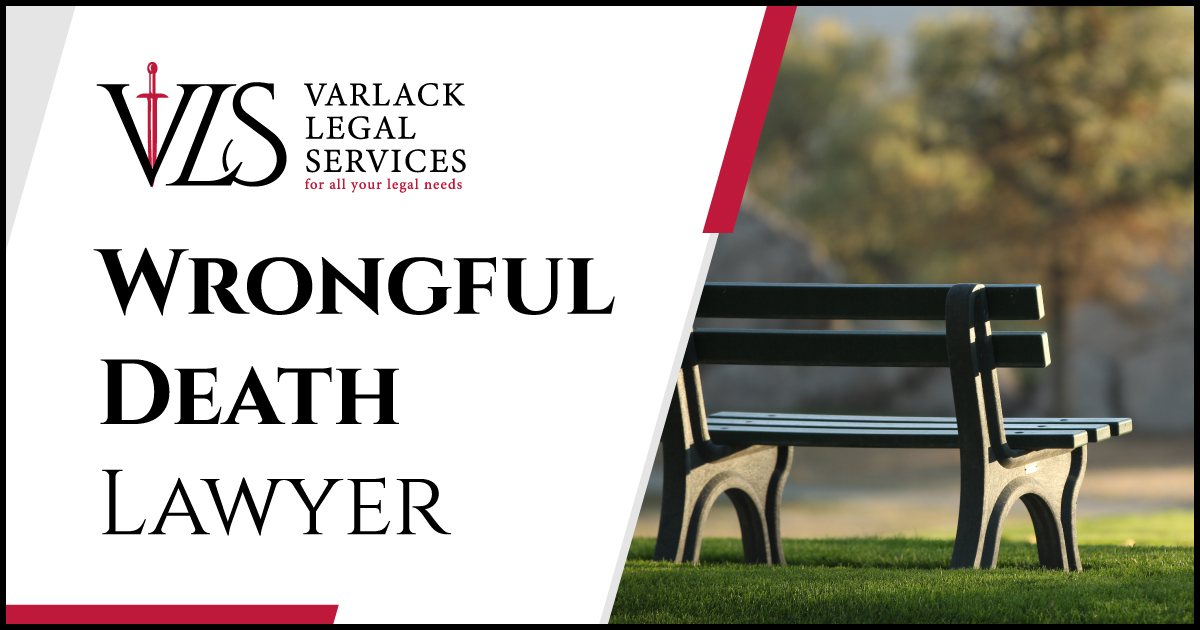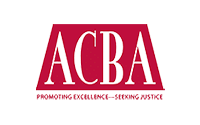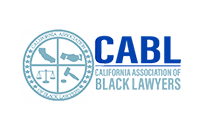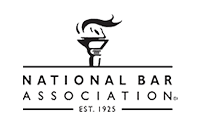Put quite simply, a wrongful death is a situation whereby someone dies due to another person’s recklessness, negligence, or intent to harm. Having worked with countless clients who have experienced a premature, unexpected loss of a loved one over the years, our team at Varlack Legal Services understands what you must be going through and sends our deepest condolences for your loss. We know, however, that you need more than good vibes and prayers sent your way. You want to hold the person or entity responsible for your loved one’s sudden passing accountable. That’s where a Hayward wrongful death lawyer in our office can help.
See, while prosecutors handle the prosecution of criminal offenses that result in someone’s death, the onus falls on the surviving loved ones of a deceased individual to file a civil action to hold the responsible party financially accountable for their negligence that caused a person’s untimely death. That’s where a wrongful death attorney in Hayward, CA comes in. A knowledgeable lawyer like ours has experience handling similar cases, knows the ins and outs of California law, and won’t back down until they secure the maximum settlement you deserve in your case.
Our Bay Area law firm offers free initial consultations where you can share with us the series of events that led up to your loved one’s passing. It will help attorney Tiega-Noel Varlack and her team assess whether your close family member’s passing meets the definition of a wrongful death per California law and, if so, allow her to outline the rights our state affords surviving spouses, children, parents, and other relatives in situations like this. So, please call or email our office to discuss your case right away.
What Types of Incidents Can Result in a Person’s Wrongful Death
There are a multitude of preventable events that can suddenly and unexpectedly claim someone’s life, such as:
- Physical violence: An example of this is an assault due to negligent security
- Nursing home abuse or neglect: The former can lead to unrecoverable infections that result in death, and the latter can lead to suicidal ideation, as examples
- Auto accidents: This can include motorcycle collisions, car wrecks, and truck crashes
- Dangerous premises situations: Slips and falls, for example, can result in head injuries that result in intracranial brain bleeds and subsequent death
- Medical malpractice: A surgical error, misdiagnosis or delayed diagnosis, childbirth injuries, or dosage error are just some examples of concerns that may result in the premature passing of a patient
- Defective product situations: These may result from a person’s use of medical devices, consumer electronics, kids’ toys, automobiles, medications, and other items
The list above only lists a handful of situations that can unexpectedly deprive someone of their life. However, wrongful deaths can result from a wide range of events. Varlack Legal Services is here to help no matter the recklessness that caused your loved one’s passing or who the negligent party that committed the wrongful acts is.
Who Can File a Wrongful Death Lawsuit in Alameda County
California Civil Procedure 377.60 outlines how various interested parties can bring a wrongful death lawsuit in one of our state’s various civil court systems. Those individuals and entities authorized to file suit against the party who caused the death include:
- Personal representatives for estates
- Domestic partners
- Spouses
- Children
If the decedent hadn’t appointed a personal representative or didn’t have the aforementioned family members at the time of their passing, more distant relatives and others, such as the following, may be entitled to file suit:
- A putative spouse (one that believed they were in a valid marriage with the victim) as well as their children (the decedent’s stepchildren)
- Any minor who resided with a deceased individual for at least 180 days prior to their demise
In the above instances, the respective parties need only to demonstrate that they were dependent on the decedent for their everyday necessities, including food, clothing, medical care, and shelter, to stake a claim to an award stemming from someone’s wrongful death.
If you believe that you fit into one of the eligible categories above, contact us at Varlack Law Services to discuss the incident that claimed the life of your family member or someone close to you. There’s no obligation in meeting with a Hayward wrongful death lawyer to learn if you have a valid case and, if so, what legal options you have for holding the person(s) who deprived you of your loved one far too soon responsible for their actions. So, reach out to our law firm now.
Filing Deadlines in Hayward Wrongful Death Cases
Like most legal matters, there is a time limit on how long one of the parties listed above has to file a wrongful death claim in California. The statute of limitations that applies to cases like these is two years. Generally, you’d be unable to file suit to hold the negligent party who took your family member’s life liable for doing so once this time frame has elapsed. However, there are extenuating circumstances, including the following, that may entitle you to file a wrongful death action beyond this point:
- When the “discovery rule” applies, which means the cause of your family member’s passing wasn’t immediately apparent, but the fact that negligence resulted in it came into clearer focus later on
- The decedent’s child, their estate’s heir apparent, was a minor at the time of their parent’s passing, which means the two-year statute of limitations to file a lawsuit wouldn’t start counting down until after they turned 18
Additionally, a special statute of limitations applies to certain types of cases. For example, California Code of Civil Procedure 340.5 outlines how if medical malpractice caused a victim’s death, the filing deadline is:
- A year after medical negligence is identified as the cause of the wrongful death, or
- Three years after the death actually occurs, whichever occurs first.
Another exception to this rule is if the defendant being sued is a government entity. If the alleged negligence is poor road design, for example, then surviving heirs may only have six months to file a claim against the local or state agency. The government would have 45 days to respond to the claim, and then you, as the plaintiff, would have another six months within which to file suit.
One of the primary reasons our firm urges anyone considering filing a death claim to reach out as soon as possible after a victim dies is to ensure the window to pursue legal remedies like filing lawsuits doesn’t catch them off guard and expire before they have an opportunity to take action. Contact our Hayward wrongful death lawyer now to preserve your rights.
Proving a Wrongful Death Case in Hayward, CA
There are a few key elements you must prove for a wrongful death claim to be valid, including:
- The alleged responsible party owed the victim a duty of care
- The apparent liable party violated the duty of care they owed the decedent
- That breach of duty resulted in severe injuries that caused the victim’s death
- You and potentially others sustained losses stemming from the deceased’s passing
While there are many cases where breaches of duty of care, and thus liability, is clear, more often than not, it can be a bit convoluted. An experienced Hayward attorney will have the requisite skill in making such determinations, which is necessary to decide how to proceed in a case.
Factors That Impact How Much of a Settlement You Can Secure in Wrongful Death Cases
If you relied on the financial contributions of your deceased loved one to keep your household financially afloat, it’s understandable that you might be worried about how much of a financial settlement you can expect to receive after your loved one’s loss. This is also a valid consideration upon learning that our California civil court system only allows plaintiffs wronged by others to seek justice by recovering monetary awards.
So, how much can you expect to recover by filing a wrongful death lawsuit? Factors such as the following affect award amounts:
- How much in medical bills your loved one incurred, or what pain or suffering they endured between when their incident occurred and their death
- Their age and health status at the onset of their fatal injury or illness (this helps actuators determine until what age your loved one might have lived)
- Funeral and burial costs
- How much work, and thus pay, your loved one missed after their illness or injury set in leading up to their passing (lost wages) and future earnings they were forecasted to make
- Whether they received benefits, such as insurance, retirement payments, etc., that they contributed to the household, that are gone after their passing
- Losses of consortium, companionship, and others claimed by surviving family members
Anticipated settlement amounts are much like timelines for wrapping up cases. Each case is unique, so a lawyer must carefully review the special circumstances surrounding your legal matter before giving you any ballpark conclusion date or settlement amount for yours. Attorney Tiega-Noel Varlack offers complimentary case reviews.
Understanding How the Division of California Wrongful Death Settlement Process Works
Should the filing of the lawsuit result in the recovery of an award of damages, California Probate Code §§ 6401 outlines how the division of settlement funds proceeds per California intestate succession rules as follows:
- The spouse receives full compensation: This happens if the decedent left behind a surviving husband or wife and no children, parents, siblings, or nieces or nephews at the time of their passing
- The spouse and child each receive one-half of the settlement: A situation like this would happen if a decedent left behind a husband or wife and a sole child upon their death
- The spouse receives one-third, and children receive the residual settlement: State law would only entitle the decedent’s surviving husband or wife to a third of any award, while the deceased’s children would each be eligible to recover an equal portion of the other two-thirds of any compensation recovered
- The spouse and parents split proceeds in half: If a decedent didn’t have any children but was married and had either a living mom, dad, or siblings when they perished, then their spouse could recover half of the settlement award recovered in an Alameda County wrongful death case whereas the parents or, in their absence, the siblings, could recover the rest
- The children split the entire settlement: When a decedent perishes, leaving behind children and parents but no spouse, the entire settlement goes to the kids in equal installments
- Parents receive full compensation: If an individual passes without having any spouse or children, any settlement award recovered pursuant to a wrongful death action would belong wholly to the parents and, if no longer alive, their offspring (the victim’s siblings)
Why Hiring a Hayward Wrongful Death Attorney Matters
Emotional wounds are understandably raw after your family member’s recent, unexpected death. And, given how the grief process is often unpredictable, there’s no telling how long you may, unfortunately, have to weather the roller coaster of emotions that comes with losing someone close to you.
On top of that, it can be particularly challenging when the victim of a preventable accident is a household’s breadwinner. Their sudden loss can put you and others who relied on their financial contribution in a vulnerable position, making it challenging to remain afloat.
It can be difficult navigating grief, coming up with income-generation strategies, and handling everything else that comes with a loved one’s loss while trying to deal with insurance company adjusters, building a strong case, and negotiating a settlement. A Hayward wrongful death lawyer can alleviate any pressure on your shoulders. So, contact Varlack Legal Services now for help. A free initial consultation is all it takes to see if you have a valid claim and, if so, for us to get to work for you in these trying times.









